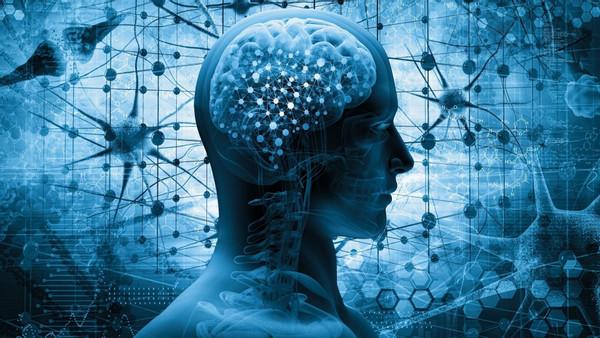Learn more about personaldevelopment with this collection
How to make sustainable choices in everyday life
Identifying ways to reduce waste and conserve resources
Understanding the impact of human actions on the environment
Say it out loud
Learning and memory benefit from active involvement. When you add speaking to it, the content becomes more defined in long-term memory and more memorable.
14K
65.4K reads
Take notes by hand
Most of us can type very fast, but research shows writing your notes by hand will allow you to learn more.
Taking notes by hand enhances both comprehension and retention.
12.2K
48.1K reads
Chunk your study sessions
Studying over a period of time is more effective than waiting until the last minute.
Distributed practice works because each time you try to remember something, the memory becomes harder to forget.
11.5K
46.2K reads
Self-testing is highly effective
Regularly testing yourself will speed up learning. When you test yourself and answer incorrectly, you are more likely to recall the right answer after you look it up. You will also remember that you didn't remember.
11.8K
41.6K reads
Change the way you practice
Repeating anything over and over might not be the best way to master that task. If you practice a slightly different version, you will learn more and faster. For example, if you want to master a new presentation:
- Rehearse the basic skill.
- Wait at least six hours to allow your memory to consolidate.
- Practice again, but speak a little faster.
- Practice next by speaking slower.
- Break your presentation into smaller steps. Master each chunk, then put it back together.
- Change the conditions. It will prepare you better for the unexpected.
13.8K
40.3K reads
Exercise regularly
According to research, regular exercise can improve memory recall.
Exercise also increases a protein (BDNF - brain-derived neurotrophic factor) that supports the function, growth, and survival of brain cells.
11.3K
38.9K reads
Sleep more, learn more
When you sleep, most of the consolidation process occurs.
In contrast, sleep deprivation can affect your ability to commit new data to memory and consolidate any short-term memories.
10.9K
36.3K reads
Concepts in parallel
Interleaving - studying related concepts or skills in parallel - improves your brain's ability to differentiate between concepts or skills. It helps you to really learn and gain an understanding at a deeper level.
Instead of focusing on one subject during a learning session, learn several subjects or skills in succession.
10.8K
33.2K reads
Teach someone else
Research shows that those who teach, speed up their learning and remember more.
Even just preparing to teach means that you will seek out key points and organize information into a coherent structure.
10.6K
31.1K reads
Build on what you know
When you have to learn something new, try to associate it with something you are already familiar with. Then you only have to learn where it differs. You'll also be able to apply greater context, which will help with memory storage and retrieval.
10.4K
33.5K reads
CURATED BY
More like this
2 ideas
6 ideas
Six Brain Hacks To Learn Anything Faster
fastcompany.com
Read & Learn
20x Faster
without
deepstash
with
deepstash
with
deepstash
Access to 200,000+ ideas
—
Access to the mobile app
—
Unlimited idea saving & library
—
—
Unlimited history
—
—
Unlimited listening to ideas
—
—
Downloading & offline access
—
—
Personalized recommendations
—
—
Supercharge your mind with one idea per day
Enter your email and spend 1 minute every day to learn something new.
I agree to receive email updates






